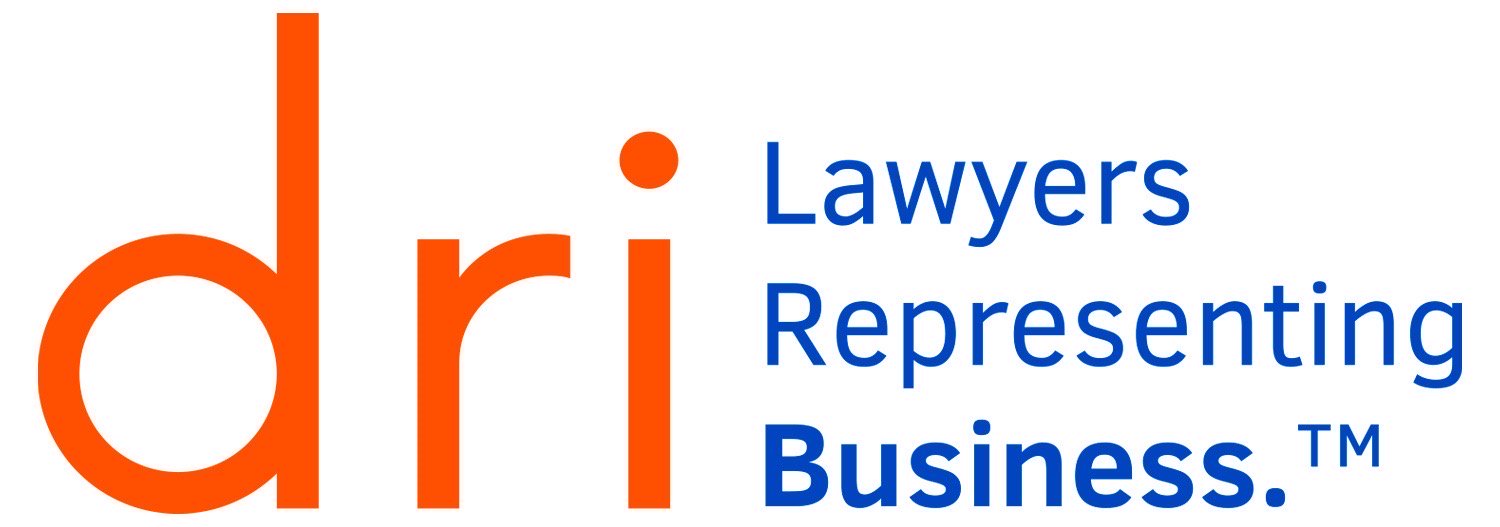Supreme Court Decision in Alignment with DRI Brief in Digital Realty Trust Inc. v. Somers
CHICAGO – (February 22, 2018)— In a decision in alignment with an amicus brief filed by DRI, the Supreme Court reversed the judgment of the Court of Appeals for the Ninth Circuit and remanded the case for further proceedings consistent with its opinion in Digital Realty Trust Inc. v. Somers. The case involved applicable law governing whistleblower protection. The brief was filed by DRI’s Center for Law and Public Policy.
The case involves a former employee’s claim that Digital Realty ended his employment in retaliation for his internal complaints about purported misconduct. The plaintiff, Paul Somers, did not complain to the Securities and Exchange Commission about the alleged misconduct. After his termination, Somers sued Digital Realty claiming that Digital Realty retaliated against him in violation of the whistleblower-protection provision in the Dodd–Frank Act. Given that Dodd–Frank defines “whistleblower” in a way that is limited to individuals who have actually complained to the SEC, Digital Realty moved to dismiss. The district court denied the motion and the Ninth Circuit affirmed that decision. Both courts concluded that the whistleblowers protected by Dodd–Frank include individuals who make internal reports. The Ninth Circuit’s decision deepened a circuit split with the Ninth and Second Circuits adopting the view that Dodd–Frank protects internal whistleblowers and the Fifth Circuit concluding that the definition of whistleblower contained in the statute is dispositive.
In its brief, DRI emphasized that Congress has provided a comprehensive administrative remedy complete with an administrative appeal process for internal whistleblowers under the Sarbanes–Oxley Act of 2002. Sarbanes–Oxley provides protection for such internal whistleblowers, but requires the exhaustion of administrative remedies before a plaintiff can file a lawsuit and, unlike Dodd–Frank, does not provide for double back-pay awards.
DRI submitted that Congress did not evidence any intent to circumvent this administrative scheme when it adopted Dodd–Frank, and that Dodd–Frank should not be interpreted to apply to internal whistleblowers who are already protected by Sarbanes–Oxley.
The Supreme Court’s decision preserves the critical distinction between the Dodd–Frank and Sarbanes–Oxley anti-retaliation provisions—the former intended to protect individuals from retaliation for making reports to the SEC. The Supreme Court’s decision vindicates DRI’s position that the two statutes protect different interests, and Dodd–Frank should not be interpreted to provide whistleblower protection to internal whistleblowers, much less greater rights than provided under Sarbanes–Oxley.
Brief author Matthew T. Nelson of Warner Norcross & Judd, Grand Rapids, Michigan, is available for interview or for expert comment through DRI’s Communications Office.
For the full text of the brief, click here.
###
About DRI – The Voice of the Defense Bar
For more than fifty-five years, DRI has been the voice of the defense bar, advocating for 22,000 defense attorneys, commercial trial attorneys, and corporate counsel and defending the integrity of the civil judiciary. A thought leader, DRI provides world-class legal education, deep expertise for policy-makers, legal resources, and networking opportunities to facilitate career and law firm growth. For more information, log on to www.dri.org




















